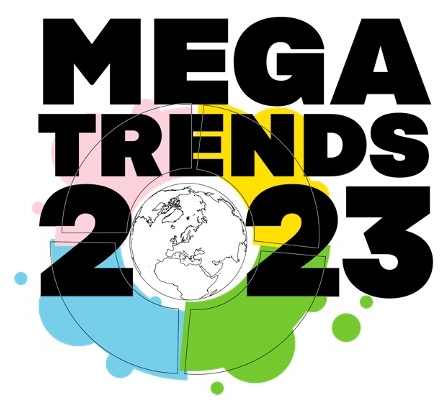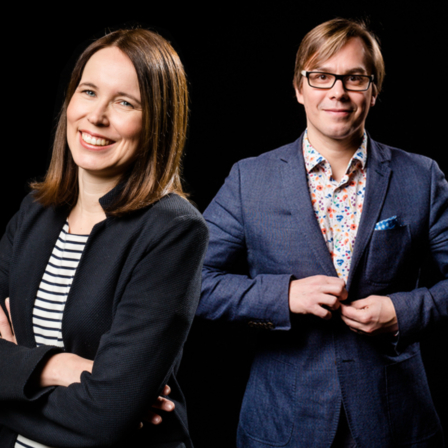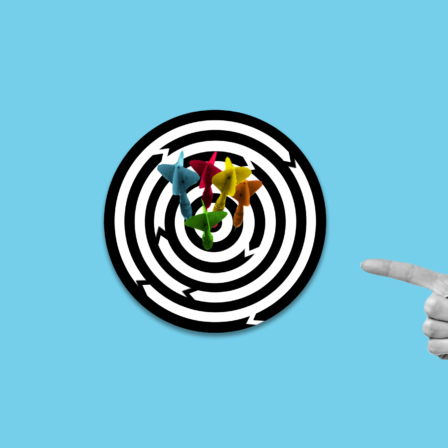The past year has been a frantic period in Japan. This is not saying that growing older and living in an ageing society are sexy topics as such, or experiences that would spark moments of great drama or claims that this was a revelation. But it has not been a particularly frantic experience following events in Japan, a country whose population is ageing at breakneck speed, or to hear the narrative about Japan being a laboratory for the society of the future. When viewed from a close distance, the ageing Japan continues to be analysed to excess with enormous and endless flows of data, statistics and numbers.
It has been revealing how, over the past year, a broader radical social and societal development for the future affecting us all has started to take shape before my eyes. And what I have witnessed is by no means unique to Japan; it will soon be the future facing South Korea, Finland, Singapore, Italy, China or Germany.
“We have made a move towards being societies of longer life.”
We are living on the edge of a new type of demographic revolution and a new society. We have made the transition to being societies of longer lives, societies defined by declining birth rates and people living much longer. Historically we know that we have been getting two to three additional years of life for every decade since the early 19th century. Each day continues to add more time to people’s life spans. Each year our lifetime increases by two to three months.
We need a new and radical vision, analysis, and an interpretation of and strategy for what this society of people living for much longer, and our future, will mean for us. The new vision and landscape for the future require new points of view from both researchers and decision-makers. Great structural changes affecting society are imminent. And all of us face a re-evaluation of our vision of humanity, work identity and skills profile – even of our human relationships and our general expectations for life.
I contend that the ongoing process of ageing and the demographic revolution of societies pose a societal (global) challenge to all on a level that is socially on a par with climate change. We will need to adapt to new conditions, to examine our values and to alter our choices, and prepare for a different kind of life.
What will a society of centenarians look like?
Researchers predict that in 2070 there will be nearly 600,000 people living in the UK who are over the age of 100. A significant proportion of Finns being born now will live past 100. A child born in Japan now will have a 50 per cent chance of living to the age of 107.
“A significant proportion of Finns being born now will live past 100.”
At best, the additional years will mean a decade’s worth of additional good life. The additional years are being brought on by rapid advances in medicine, healthy lifestyles and new treatment methods that utilise biotechnology and individual genome data. The health and active ability to function of an increasing number of us will remain high for years, even decades longer than in earlier times. So, what do we want to do with these additional years? What kind of lives do we want to live?
Our traditional chronological concept of age is getting to be a thing of the past. It will empty out and disperse, and chronological age will no longer be a good social or societal gauge or rule for dividing the different phases of life into periods of study and learning or work and retirement in the future.
“The needs of a society of people living much longer cannot be understood on the basis of old societal structures.”
The unravelling of chronological age as a social classifier and definer of life will spark a crisis in the ability of our present legislation to regulate societal activities. For instance, how should taxation and social benefits, employment and unemployment, and education be arranged in the future when 80-year-olds want to stay at work? And what about the middle-aged, who are already undergoing their third upheaval, both professionally and with respect to their personal values. What do new transition skills mean, and how do we tell young people that they need to be able to make choices and to look at their own course of life and their careers seven or even eight decades into the future?
It is certainly difficult to see the future of a society beyond aging. The needs and altered everyday life cannot be understood, and certainly cannot be steered, using societal structures that are 20 or 30 years old.
Our ability to see is encumbered by the “structural slowness” inherent in present-day life. It might also be possible to talk about the “blindness” of our present-day structures.
Consequently, the demographic revolution, which is a social challenge equivalent to that posed by climate change, demands a new, radical societal interpretation and strategy. The challenge is that this new strategy needs to be found and visualised at the same time as nearly all of the other world issues – such as global security, health, the environment, the economy, democracy, technology, work, science and communications – undergo metamorphoses of their own.
















Recommended
Have some more.